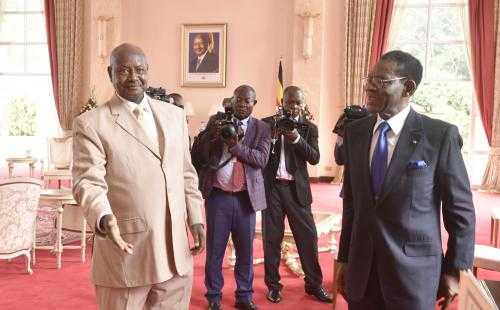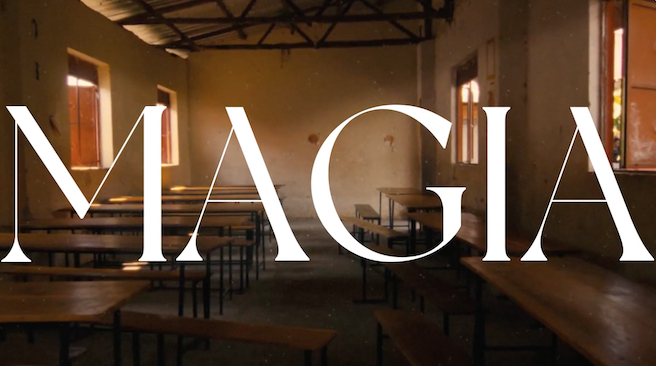US prepares for sanctions in response to Nicaragua’s presidential elections | America

The administration of US President Joe Biden is working with international partners on new possibilities that could be imposed in response to the November 7 elections in Nicaragua, which Washington denounced as a fraud orchestrated by President Daniel Ortega, US officials said.
The US government has also initiated a review of Nicaragua’s participation in the Central American Free Trade Agreement and has already stopped supporting any “commercial capacity development” activity deemed beneficial to the Ortega government. A senior State Department official told Reuters on condition of anonymity.
Relying on sanctions imposed by its predecessor Donald Trump, the Biden administration has implemented financial punitive measures and embargoes on dozens of Nicaraguan officials, including members of the Ortega family, amid the Central American government’s pre-election crackdown.
US Secretary of State Anthony Blinken announced last week that Ortega, who is running for a fourth term, and his wife, Vice President Rosario Murillo, were “preparing for a false and credible election, silencing and arresting their opponents.”
A US government source said new post-election sanctions were underway, and the State Department official also said such a move was likely.
“We will continue to use the diplomatic and economic tools at our disposal to advance accountability for those who support human rights abuses by the Ortega regime and attacks on democracy in Nicaragua,” the State Department official said.
“We have sanctions tools. We are working with international partners, as well as in multilateral fora, so that they stand up for our values, and we will continue to do so,” the official added.
The officials declined to specify potential targets for the sanctions or to set a date for the new measures. The European Union has adopted sanctions similar to those of the United States, but it is unclear where the EU and regional governments can reach to put pressure on Ortega.
It is also uncertain whether the US government is considering targeting Ortega, a former Marxist guerrilla leader, directly. Murillo, who is seen by US officials as a powerful and influential person, is already facing sanctions.
Last week, Biden’s government led an OAS resolution to crack down on Nicaragua, and is also looking for ways to financially pressure Ortega’s government.
US officials have announced that Nicaragua’s membership in the CAFTA-DR Regional Trade Agreement, which gives preferential treatment to Central American exports to the United States, may be in jeopardy if Ortega prepares the election in her favour.
The State Department official confirmed that the review was underway. “We continue to review your participation in any US-sponsored assistance program,” the source said.
The official acknowledged, however, that the government is discussing potential legal obstacles to any suspension of Nicaragua from the trade agreement, which some experts have indicated may complicate any action.
A person familiar with the matter said there were also concerns within the government that removing Nicaragua could damage the faltering economy enough to worsen Nicaragua’s humanitarian situation, encouraging more immigration to the US-Mexico border.
About half of Nicaragua’s exports go to the United States, with low tariffs under the North American Free Trade Act (CAFTA-DR).

“Award-winning zombie scholar. Music practitioner. Food expert. Troublemaker.”









